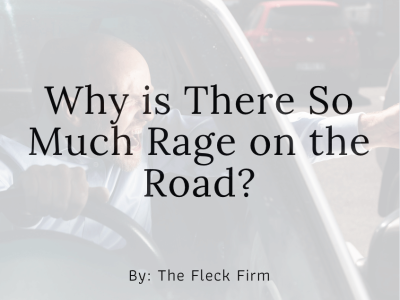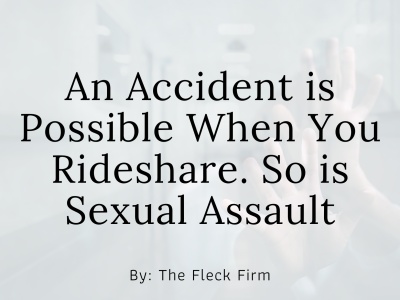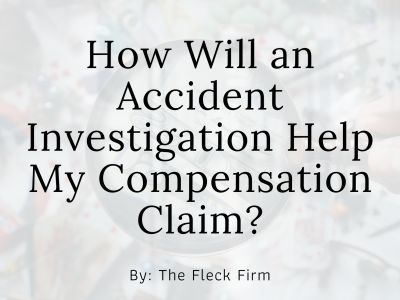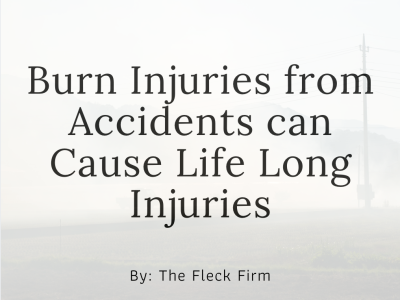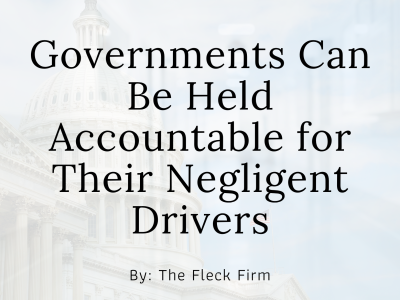Road rage continues to increase in Kentucky. Why is there is so much road rage?
A Look at the Statistics of Car Accidents and Road Rage
Many people are angry, rightly or wrongly, and they often get behind the wheel and drive. Someone angry doesn’t think logically and is easily distracted. They’re not calm and focused on what’s going on outside. They’re upset and focused on what’s going on inside. Emotional, distracted drivers are dangerous.
Forbes Advisor recently commissioned a survey of drivers about road rage. They found that in the 12 months before responding to the survey:
- 41% witnessed road rage
- 32% stated it was directed at them
- 22% admitted they felt rage against another driver
The top triggers for road rage were listed as:
- 40% another drove badly
- 38% another drove aggressively
- 31% a driver cut them off
- 29% feeling stressed before driving
- 27% they were being tailgated
Drivers reported road rage everywhere but most frequently on freeways or highways (36%). Other places include:
- 27% city streets
- 12% intersections
- 6% parking lots
- 6% rural roads
Why is this happening?
Other attorneys take contingent fees of 33% to 50% of your settlement.
We want you to keep more of your money.
Our contingent fee is only 30% on cases settled prior to filing suit.
Managing Anger and Rage Behind the Wheel
San Antonio, Texas, is trying to get at the root problems of road rage. They have a program where people who commit serious road rage incidents must attend an anger management program. Some of these incidents involve weapons (other than their vehicles) and traveling up to 40 miles an hour above the posted speed limit.
One person attending a recent session was found going 112 miles per hour in a 60-mile-an-hour zone, according to the Washington Post. Another was going 107 in an area posted for 70 in a construction zone.
Dean DeSoto runs a traffic safety nonprofit working with San Antonio’s city and county courts. He has been teaching drivers about aggressive driving for 26 years. Over that time, DeSoto has reached several conclusions, including the following:
- What’s going on in the country plays out on our roads
- Anger on our roads is worsening
- Road rage cases measure the country’s trauma, stress, and polarization, making them part of a larger, longer story
Some attendees admit they like driving fast or were trying to get home.
Deep-Seated Personal Problems Can Cause Road Rage. It’s Not Just Being Tailgated
Almir observes, “People are just overwhelmed…and they are losing it…Humans are just too overwhelmed with, just, everything.”
Almir didn’t tell the class his backstory. He grew up in the mid-1990s in the former Yugoslavia during its civil war. His childhood involved grenades, abandoned buildings, an abusive neighbor, bullying at school, and running away from home. Any situation could trigger a reaction by the time he reached the US. He didn’t understand why until he was in his 30s. Almir admits to the class that he has a short fuse.
Another class features 26-year-old Colten, who has a history of committing domestic abuse and abusing alcohol. He led police on a chase that ended in a crash and 23 broken bones. Colten has multiple DWI arrests and attempts at sobriety. He said he blamed everyone but himself for his problems.
Colten said he started the chase after being pulled over and told not to put his truck into drive.
“That hair-trigger kicked in…I got to the point where I started being angry even when I wasn’t drunk. Somebody would look at me wrong in the room and I’m like, ‘The f— is this guy’s problem, dude?…we all get angry, right? You blame other people. You blame other things. You blame other people on the road for how they’re driving or whatever it is. But you play a part in everything, dude, trust me.”
Twenty-year-old Hailey was caught going 92 in a 65. She said she just wanted to get home after doing her laundry. Hailey started living by herself when she was 18. She worked at a restaurant, earning just enough for groceries, rent, and a white Toyota. Hailey was abused by someone close to her family when she was five to 12 years old. That was followed by therapy, mental health hospitalizations, heavy marijuana use, and discipline problems in school.
Hailey told the officer she was broke and couldn’t afford insurance or a tow. But she was driving recklessly, and her car was towed because she lacked insurance. Hailey told the class she needed to be a more responsible driver.
What’s the Next Step?
If you or a family member are injured in an accident caused by road rage and want help from an experienced car accident attorney, call The Fleck Firm for a free consultation at (270) 446-7000. We will be dedicated and compassionate when we fight for your rights and interests. We can discuss the accident, your injuries, the law, and your best options. Insurance companies have lawyers. You should have one, too.




